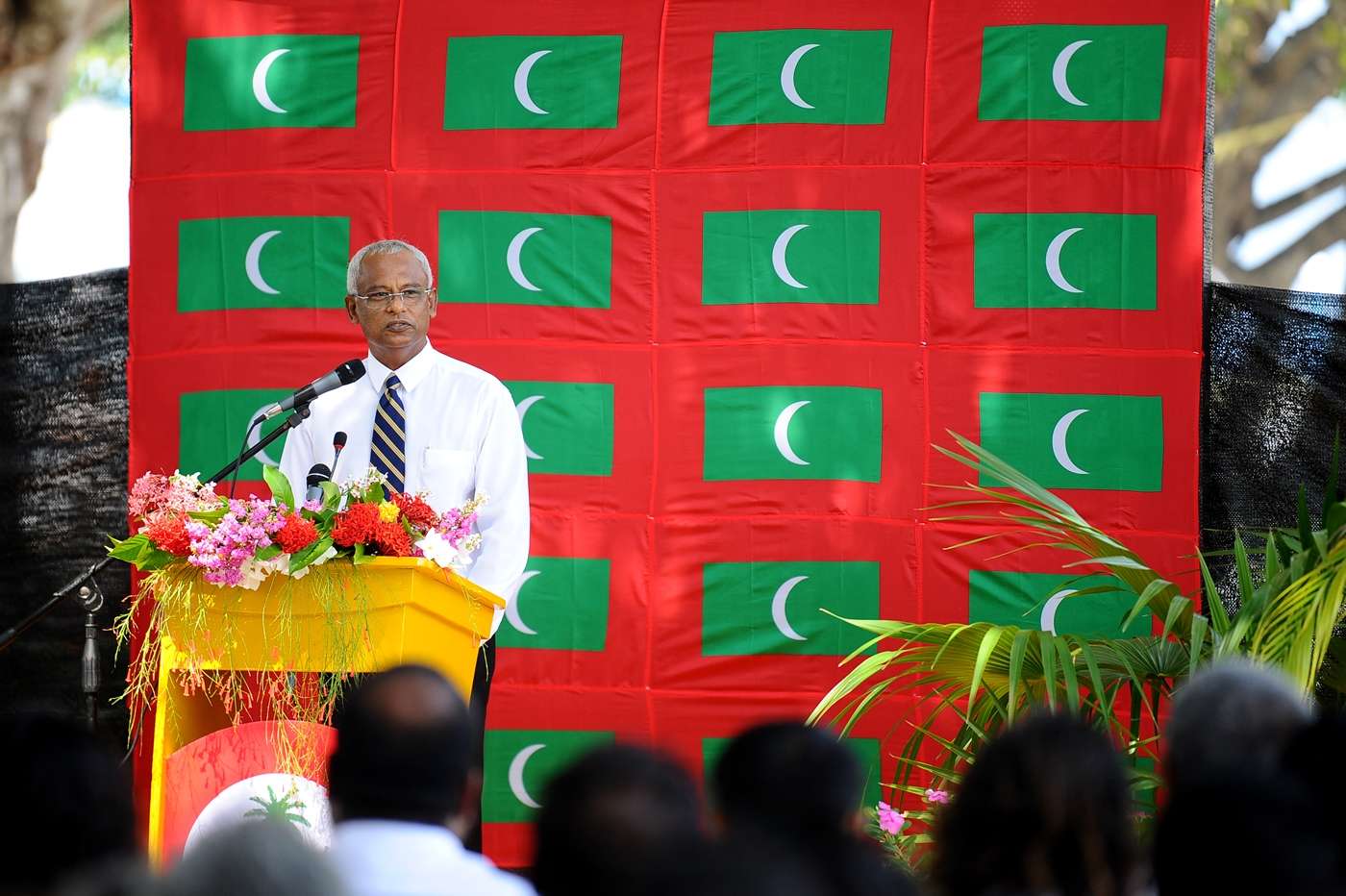Raft of bills rushed through to fulfil pledges
Legal changes to eliminate tariffs on agricultural equipment were approved Tuesday.

11 Dec 2018, 09:00
Parliament approved Tuesday legal changes to eliminate tariffs on agricultural equipment amid a rush to push through bills submitted by the new administration to fulfil campaign pledges.
Amendments proposed to the import-export law to exempt custom duties for items listed by the agriculture ministry were passed unanimously with 56 votes in favour.
The amendment bill was among six pieces of government-sponsored legislation debated and sent to committee at Monday’s prolonged sitting of parliament. It was sent back to the floor and put to a vote after review by a committee of the full house.
With the People’s Majlis due to break for a recess of a month and a half next week, Speaker Gasim Ibrahim – one of the leaders of the four-party ruling coalition – has been expediting the legislative process to pass the government’s bills, many of which are necessary to fulfil President Ibrahim Mohamed Solih’s pledges in line with a 100-day action plan.
Become a member
Get full access to our archive and personalise your experience.
Already a member?
Discussion
No comments yet. Be the first to share your thoughts!
No comments yet. Be the first to join the conversation!
Join the Conversation
Sign in to share your thoughts under an alias and take part in the discussion. Independent journalism thrives on open, respectful debate — your voice matters.




